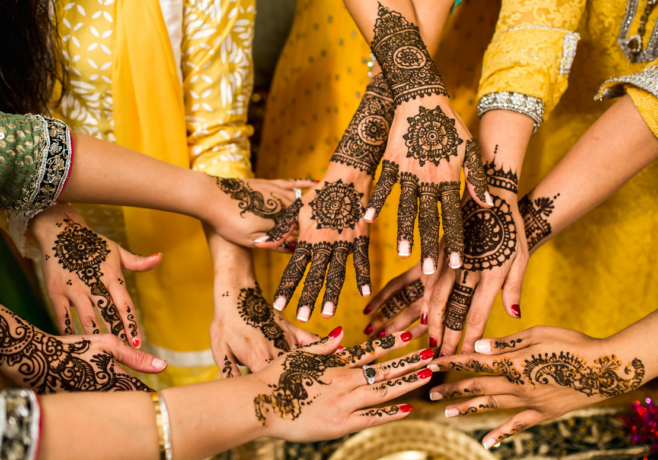
Cultural traditions are the threads that weave societies together, spanning generations and preserving the essence of identity and heritage. Yet, in our rapidly evolving world, these traditions are not static relics of the past; they adapt and transform in response to contemporary realities. This phenomenon is particularly evident in the way ancient cultural practices are perceived and practiced today. As societies navigate the complexities of globalization, technology, and shifting values, they often reinterpret and reimagine traditional customs, breathing new life into age-old rituals and beliefs.
Ancient cultural practices serve as touchstones of cultural identity, reflecting the beliefs, values, and customs that have shaped societies over centuries. From rites of passage and religious ceremonies to seasonal celebrations and artistic expressions, these practices provide insights into the historical narratives and collective memories of communities worldwide. However, as societies undergo cultural, social, and technological transformations, the interpretation and manifestation of these traditions evolve, offering modern perspectives that blend the old with the new.
One prominent aspect of traditions transformed is their adaptation to contemporary lifestyles and values. As societies become more urbanized and interconnected, traditional practices may undergo modifications to align with modern sensibilities and practicalities. For instance, traditional wedding ceremonies that once spanned several days may now be condensed into a single event, reflecting changes in social structures, time constraints, and economic considerations. Similarly, the incorporation of digital technology has revolutionized how cultural rituals are experienced and shared, allowing individuals to participate in ceremonies virtually and preserving traditions across geographical boundaries.
Moreover, the reinterpretation of ancient cultural practices often involves infusing them with contemporary meanings and purposes. While maintaining respect for their historical significance, communities and individuals imbue these traditions with relevance to current issues and concerns. For example, traditional healing practices rooted in herbal medicine may be integrated with modern healthcare approaches, offering holistic treatment options that appeal to both traditional knowledge and scientific advancements. This adaptive process not only ensures the survival of ancient practices but also enhances their utility and accessibility in a rapidly changing world.
Furthermore, the globalization of cultures has facilitated the exchange of ideas and practices, influencing how ancient traditions are perceived and practiced on a global scale. Through travel, migration, and digital media, individuals and communities gain exposure to diverse cultural practices, prompting cross-cultural fertilization and innovation. This cultural exchange can lead to hybridization, where traditional practices from different regions merge to create new and unique expressions of cultural identity. For instance, the fusion of culinary traditions in multicultural societies has given rise to innovative cuisines that blend flavors and techniques from disparate cultural backgrounds.
However, the transformation of ancient cultural practices is not without its challenges and controversies. As traditions evolve, questions may arise regarding authenticity, appropriation, and preservation. Communities may grapple with maintaining the integrity of their cultural heritage while adapting to changing societal norms and expectations. Moreover, the commercialization of traditional practices for tourism or commercial purposes can lead to commodification and dilution of their cultural significance, raising ethical considerations about the appropriation of intangible cultural heritage.
In addressing these complexities, stakeholders—including communities, scholars, policymakers, and cultural institutions—play pivotal roles in safeguarding and promoting traditions transformed. Initiatives focused on cultural preservation, education, and revitalization are essential in ensuring that ancient practices remain relevant and meaningful in contemporary contexts. By engaging in dialogue, collaboration, and respectful engagement with communities, stakeholders can support efforts to transmit cultural knowledge and foster intergenerational continuity.
In conclusion, traditions transformed offer a window into the dynamic interplay between the past and present, showcasing the resilience and adaptability of cultural practices in a globalized world. As societies evolve, ancient traditions continue to evolve, offering modern perspectives that resonate with contemporary realities while preserving the essence of cultural identity and heritage. By embracing innovation, adaptation, and cultural exchange, communities can ensure that traditions transformed remain vital expressions of human creativity, resilience, and interconnectedness across time and space.


